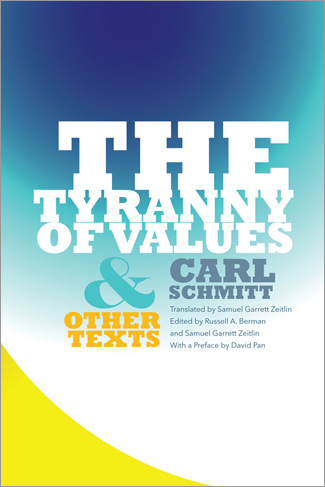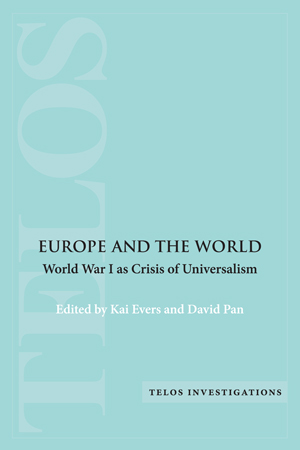The summer of 2015 may prove to have been a decisive moment in European and global history. The dramatic arrival of hundreds of thousands of people during a relatively short period of time, traveling via the Balkans and Hungary and toward Austria, Germany, Sweden, and other high-income European countries, will be forever remembered by those who witnessed these events as they unfolded. The swift arrival of 1.3 million asylum seekers, predominantly young men from the hotspots of global conflicts, like Syria, Afghanistan, and Iraq, took the political systems of several European countries, and the European Union itself, by surprise.
|
The following think-piece by an active participant in the European public discussion on immigration policy, written well before the European parliamentary elections of May 29, 2019, is understood as a contribution to the European and international political debate and not (so much) as a “pure” scholarly article. It begins with a stark prognosis: the earthquake-like outcome of these elections will strengthen the far-right political parties all over Europe, dramatically weakening the European center and left, and breaking down the “welcome culture” initiated by German chancellor Angela Merkel’s famous statement of late summer 2015—”We can do this” (“Wir schaffen das”)—which signaled a temporary and short-lived “air superiority” for multiculturalism, cultural pluralism, and the welcoming of masses of refugees from the Middle East and North. One of the main reasons for the predictable decline of the Left on the European continent is, in my opinion, its inability to find credible solutions to the problems of immigration and integration. New from Telos Press: The Tyranny of Values and Other Texts, by Carl Schmitt. Translated by Samuel Garrett Zeitlin, edited by Russell A. Berman and Samuel Garrett Zeitlin, and with a preface by David Pan. Order your copy in our online store, and save 20% on the list price by using the coupon code BOOKS20 during the checkout process.
Matthias Küntzel’s book Germany and Iran: From the Aryan Axis to the Nuclear Threshold is available for purchase in our online store. Save 20% on the list price by using the coupon code BOOKS20 during checkout. Also available in Kindle format from Amazon.com. On May 8, 2018, when U.S. President Donald Trump spoke to the press to make the case for the U.S. decision to leave the nuclear deal with Iran, he stated: “America will not be held hostage to nuclear blackmail.” With this sentence, Trump initiated a new phase to diplomacy with Iran. Up to this point, nuclear blackmail, the threat that Iran would otherwise build a bomb, had defined and shaped the dynamic of negotiations. This worst case hung like a sword of Damocles over the actors. In order to avert it and in order to secure the nuclear deal, Obama refused to support the Iranian protest movement in 2009, just as in 2013 he refused to make good on the red line he had drawn in the Syrian war. New from Telos Press: Europe and the World: World War I as Crisis of Universalism, edited by Kai Evers and David Pan. Order your copy in our online store, and save 20% on the list price by using the coupon code BOOKS20 during the checkout process.
Among the discouraging quandaries that the European Union has had to face in recent years, no one could have imagined that the United Kingdom and the United States, our historical, crucial allies, would turn their back on the EU, thus leaving it exposed to the global influence to Russia, Turkey, and Iran, not exactly friends of our open societies and polity. It would have been equally impossible to predict that so many supposedly enlightened, tolerant, and democratic European citizens would rally around xenophobic and anti-Semitic political parties while reviving the most obtuse and primitive ethnocentrism. All these ills, and most of all of Brexit and its aftermath, were interpreted by many as a fatal blow to the EU, in combination with other indicators that seemed to point to a general design failure of its unifying project. Nevertheless, many reliable commentators have expressed faith that the EU, at long last, would react to this long-standing issue. |
||||
|
Telos Press Publishing · PO Box 811 · Candor, NY 13743 · Phone: 212-228-6479 Privacy Policy · Data Protection Copyright © 2025 Telos Press Publishing · All Rights Reserved |
||||




